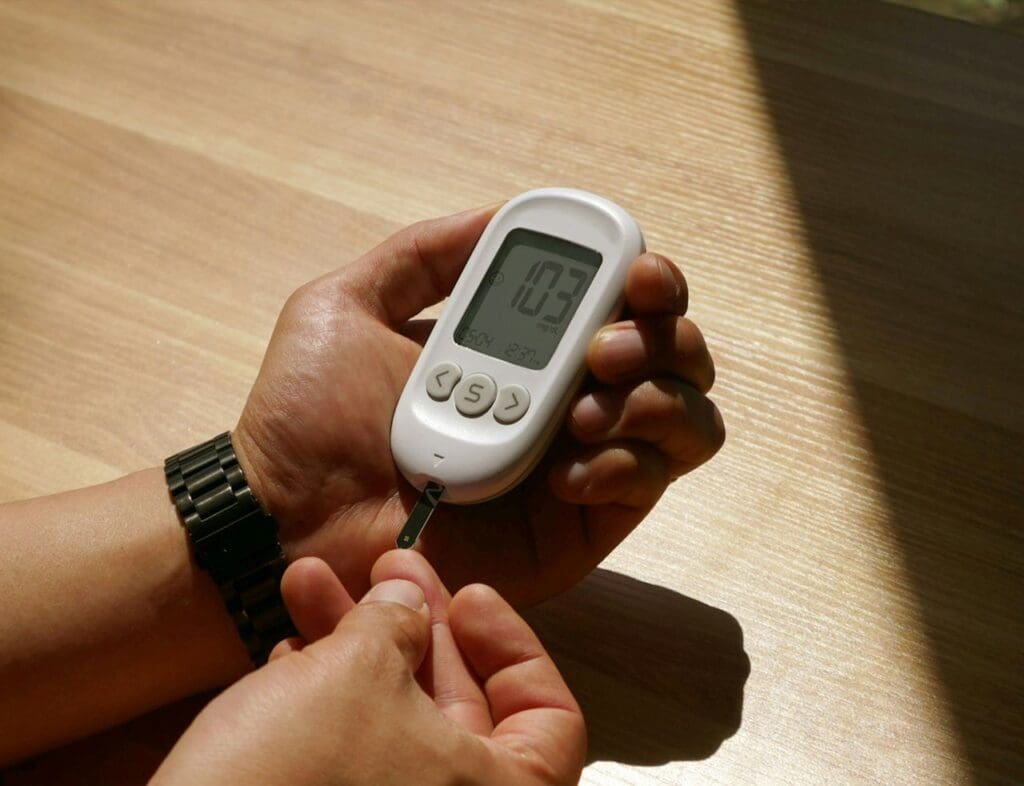Processed foods, especially ultra processed foods, can negatively impact health due to their high content of added sugars, sodium, unhealthy fats, and artificial ingredients, while being low in essential nutrients and fiber. These factors contribute to an increased risk of various health problems, including obesity, type 2 diabetes, heart disease, and certain cancers.
20 Reasons Processed Foods are Bad for You:
1. High in Added Sugar:
Processed foods often contain excessive amounts of added sugar, including high-fructose corn syrup, which can lead to weight gain, insulin resistance, and an increased risk of type 2 diabetes.
2. High in Sodium:
Also many are high in sodium, contributing to high blood pressure and an increased risk of heart disease.
3. High in Unhealthy Fats:
Because these processed foods can contain trans fats and saturated fats, they raise cholesterol levels and increase the risk of cardiovascular disease.
4. Low in Fiber:
They are also often low in fiber, which is important for digestive health, satiety, and blood sugar control.
5. Processed Foods are Bad – They are Low in Essential Nutrients:
Processing can also deplete foods of essential nutrients like vitamins and minerals, leading to nutritional deficiencies.
6. Artificial Ingredients:
Because they frequently contain artificial additives like preservatives, colors, and flavors, which some studies suggest may have adverse health effects.
7. Refined Carbohydrates:
Processed foods often contain refined carbohydrates, like white flour and white rice, which are less nutritious than whole grains and can cause blood sugar spikes.
8. Energy Density:
Therefore, they tend to be energy-dense, meaning they provide a lot of calories with little nutritional value, contributing to overeating and weight gain.
9. Processed Foods are Bad-Increased Risk of Obesity:
Diets high in them are linked to a higher risk of obesity and associated health problems.
10. Increased Risk of Type 2 Diabetes:
Furthermore, the high sugar and refined carbohydrate content in them can increase the risk of developing type 2 diabetes.

11. Increased Risk of Cardiovascular Disease:
Because the high fat, sodium, and sugar content in processed foods can increase the risk of heart disease, stroke, and high blood pressure.
12. Processed Foods are Bad–Increased Risk of Certain Cancers:
Some studies suggest a link between high consumption of them and an increased risk of certain types of cancer.
13. Adverse Mental Health Effects:
Also a diet high in them can be linked to an increased risk of depression and anxiety.
14. Processed Foods are Bad–Cognitive Decline:
Furthermore, studies have shown that excessive consumption of ultra-processed foods may be associated with a decline in cognitive function.
15. Inflammation:
These foods often contribute to inflammation in the body, which is a key factor in many chronic diseases.
16. Disrupted Metabolism:
Because of the high sugar and processed ingredients in them can disrupt normal metabolic processes, leading to issues like insulin resistance.
17. Reduced Gut Microbiome Diversity:
They are also often low in fiber, which is important for supporting a healthy gut microbiome. A lack of fiber can lead to a less diverse microbiome, which may have negative health consequences.
18. Processed Foods are Bad–Weight Gain:
They are often high in calories and low in nutrients, making it easy to overeat and gain weight.
19. Reduced Satiety:
They may not be as satisfying as whole foods, Thus leading to overeating and increased calorie intake.
20. Lower Energy Levels:
A diet high in processed foods can lead to lower energy levels and fatigue due to the lack of essential nutrients and the potential for blood sugar fluctuations.
How Processed Foods are Bad for You Summary:
Heavily consuming them, especially ultra processed, can be detrimental to your health. Because they often contain high amounts of added sugars, unhealthy fats, and sodium, increasing the risk of chronic diseases like obesity, type 2 diabetes, and heart disease. Additionally, they may negatively impact digestive health and contribute to mental health issues.

